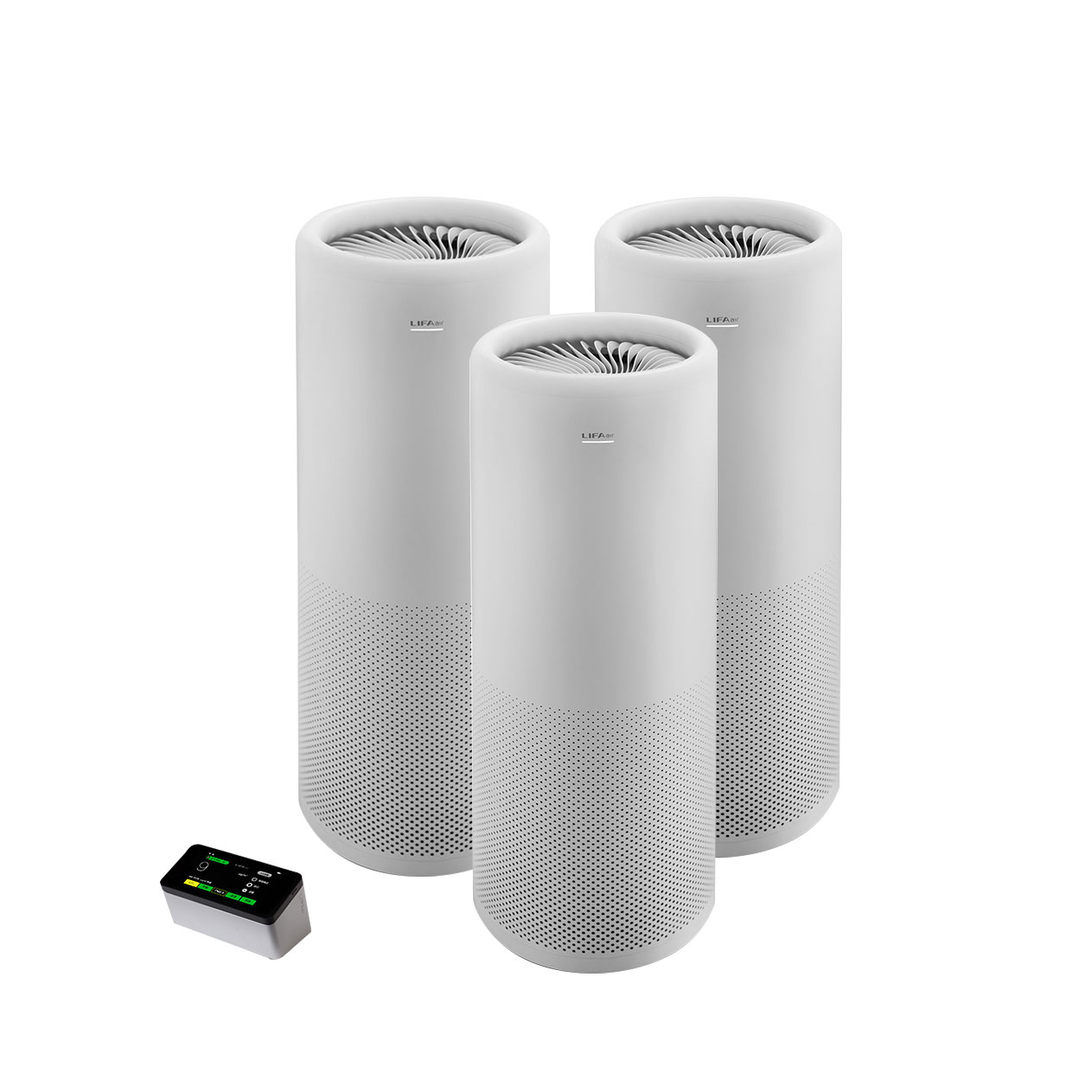

The Advisory Council on the Environment met on Monday for a discussion on updating the standards laid out in the Indoor Air Quality (IAQ) Certification Scheme, following revised IAQ guidelines from the World Health Organization (WHO).
The new requirements will include inspection on mold, the average concentration of nitrogen dioxide in the air in one hour and that of formaldehyde in 30 minutes, as well as inspection of two volatile organic compounds (VOC), naphthalene and polycyclic aromatic hydrocarbons.
The same update also removes requirements like room temperature, relative humidity, air movement rate, and seven other species of VOCs.
The updated objectives are proposed to be put in place by July 2019.
The Environment Protection Department (EPD), citing the 2009 edition of WHO Guidelines for IAQ, said mold growing indoor could pose health hazards, such as increased prevalence of asthma.
Under the new plan, when mold is detected, an assessment will be done to determine factors such as dampness, leakage and other mold-related problems, and suggest remedy for the premises.
The department estimated a 33 to 39 percent jump in the inspection cost for premises ranging from 3,000 to 5,000 square feet, which account for 80 percent of the current premises that joined the scheme, adding up to the original cost of HK$15,000 to HK$20,000.
If the premises are only inspected every five years, “I think the rise is acceptable,” said Brian Lau Man-pang, the principal environment protection officer for air policy.
Since the scheme started in 2003, only 1,562 premises were involved in the scheme. Of those, more than 600 of them were government offices, according to data from the EPD.
The department is of the view that multiple objectives and issues such as lengthy certification time would discourage premise owners from participating in the scheme.
The Chairman of the Advisory Council, Stanley Wong Yuen-fai, explained that it is difficult to boost the participant number because the scheme is voluntary.
It is hard to make it mandatory since not every premise has central air-conditioning system, which is vital to controlling IAQ, he said.
Still, “there is space for improvement,” he said.
http://www.ejinsight.com/20180605-epd-revising-indoor-air-quality-standards/